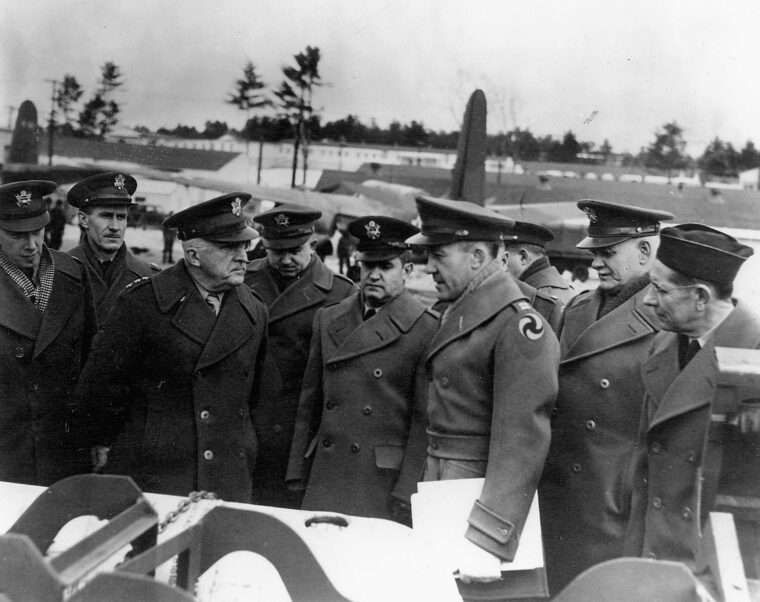
General George C. Marshall
Wartime Politics: Generals Hugh A. Drum and Joseph W. Stillwell
By Bruce GrahamIt was the worst of times for the Allies. It was the time of opportunity for senior U.S. Read more

General George C. Marshall
It was the worst of times for the Allies. It was the time of opportunity for senior U.S. Read more
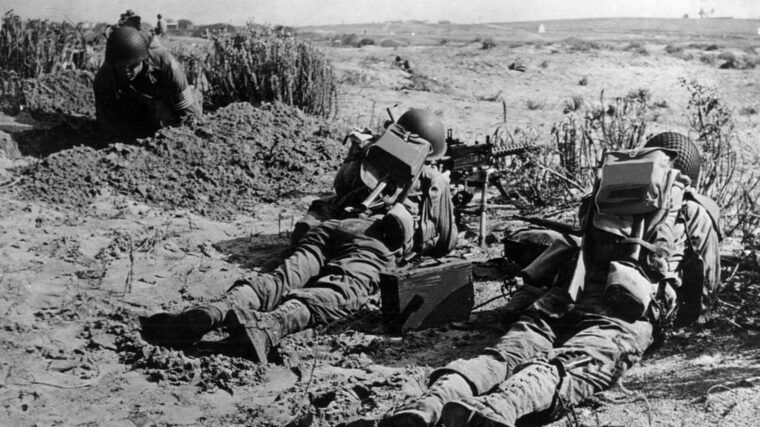
General George C. Marshall
Rain battered the shore and the seas were rough on the night of October 21, 1942. Under the surface of the water, a submarine carried the Allies’ best hope for turning the tide of war in 1942. Read more
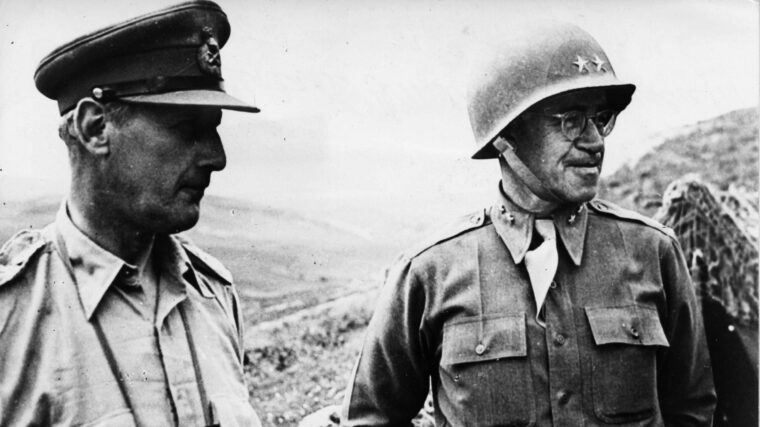
General George C. Marshall
Great commanders need great subordinates. In the campaigns in the Mediterranean and European Theaters of World War II, General Dwight D. Read more
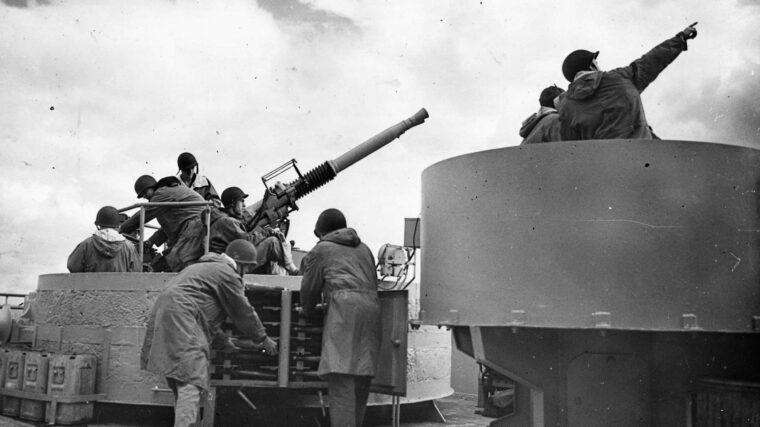
General George C. Marshall
The late summer of 1939 saw Great Britain teetering on the brink of war with Hitler’s Germany. The years of appeasement and vacillation, of meekly acquiescing to Hitler’s insatiable territorial demands, were over at last. Read more
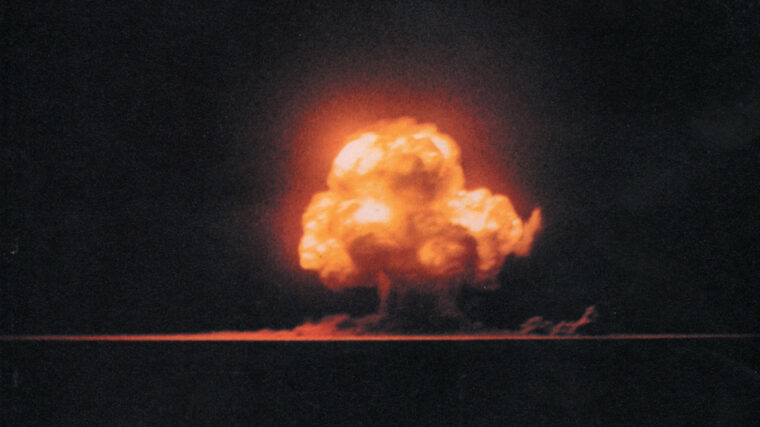
General George C. Marshall
The most controversial decision of the 20th century—probably in all of history—was the one reportedly made by President Harry S. Read more
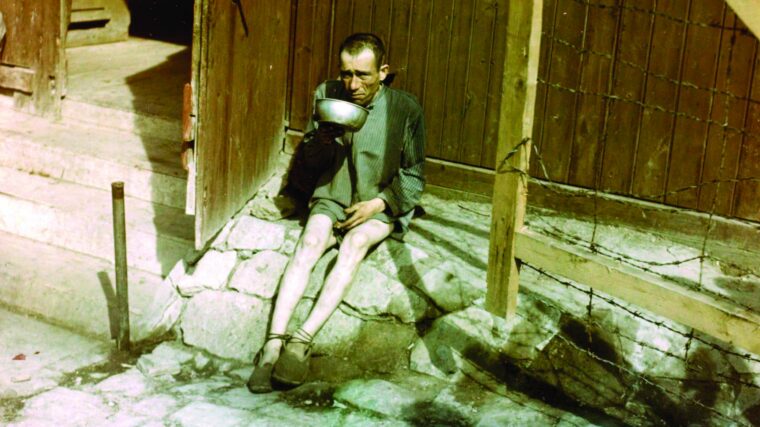
General George C. Marshall
When Adolf Hitler became chancellor of Germany on January 30, 1933, the world changed forever.
Not only was Hitler determined to pay back Germany’s enemies for his country’s defeat during the Great War, but he was also determined to rid Germany and the rest of Europe of persons whom his twisted Aryan ideology believed were “inferior” or “subhuman.” Read more
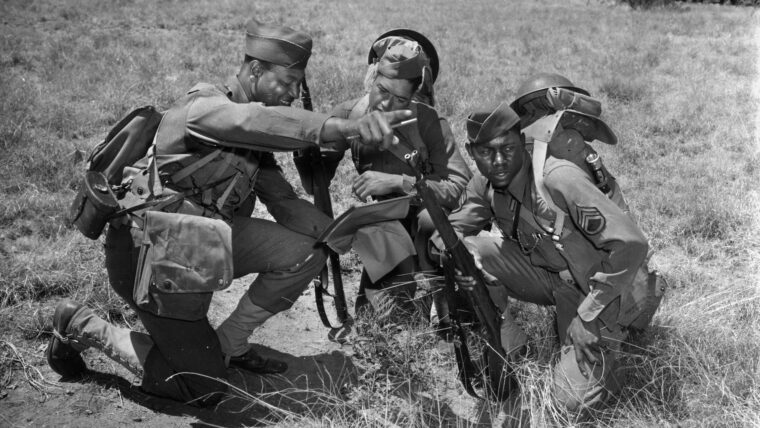
General George C. Marshall
On August 2, 1945, two weeks prior to Japan’s surrender, the highest ranking Japanese officer captured during the war in the Pacific was taken on the island of Morotai, Dutch New Guinea. Read more
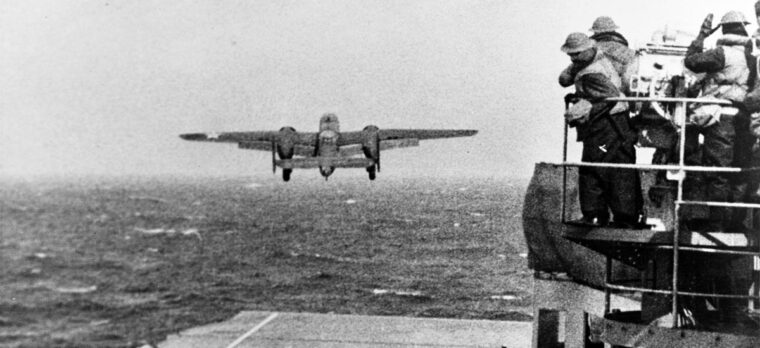
General George C. Marshall
By Nathan N. Prefer
In the months that led up to Doolittle’s raiders assembling to strike back at Tokyo, President Franklin D. Read more
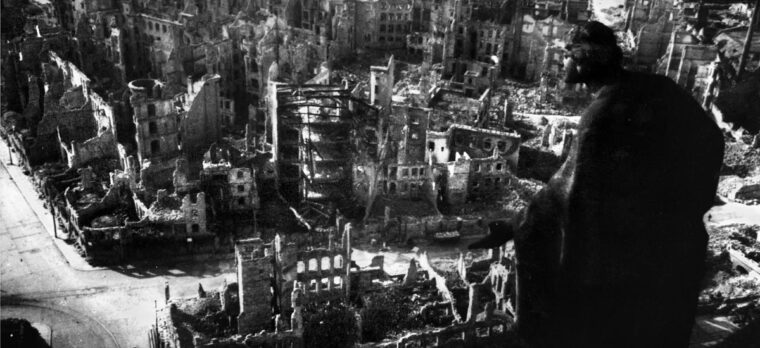
General George C. Marshall
It was February 1945, and the Bombing of Dresden had yet to commence. At this point in the war, the citizens of the capital of the German state of Saxony were beginning to think that they were living a charmed life. Read more
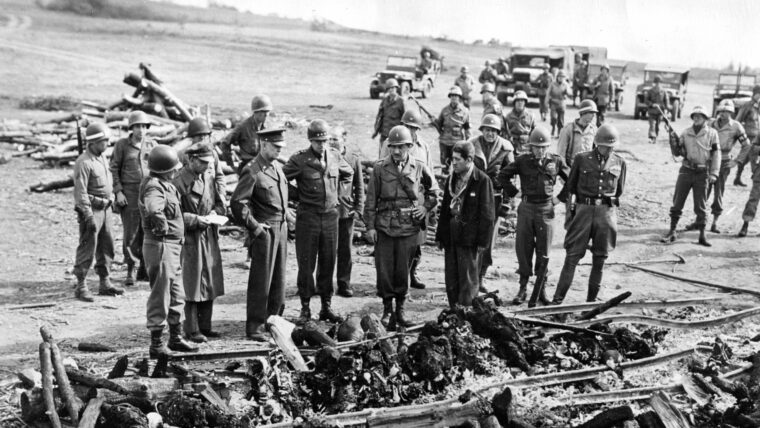
General George C. Marshall
The blue arrows on Lt. Gen. George S. Patton, Jr.’s Third Army situation maps in his mobile headquarters trailer all pointed eastward. Read more
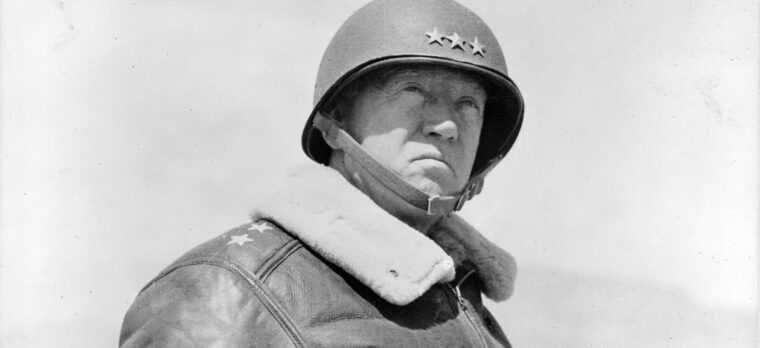
General George C. Marshall
George Patton knew exactly what he wanted to be from childhood on. “When I was a little boy at home, I used to wear a wooden sword and say to myself, ‘George S. Read more
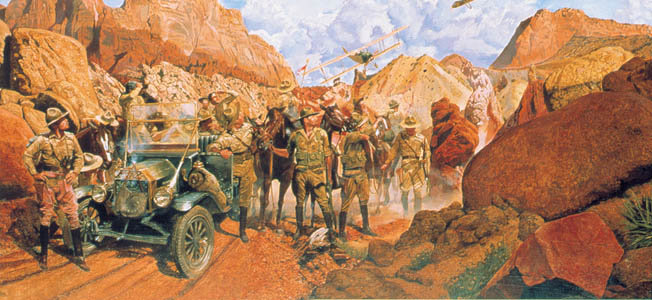
General George C. Marshall
General George C. Marshall had a problem. With the U.S. entry into World War II, he had to explain to an isolationist nation why the country was going to war. Read more
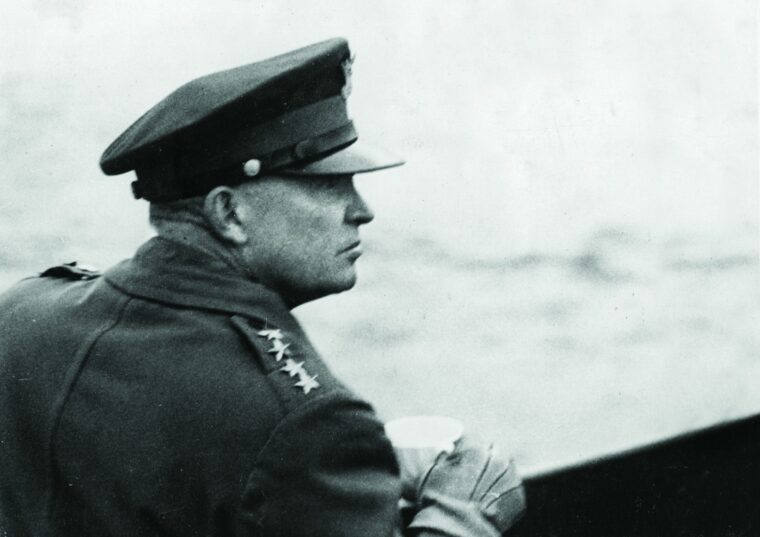
General George C. Marshall
Dwight David Eisenhower began life as David Dwight Eisenhower in Abilene, Kansas, on October 14, 1890, the third of five sons. Read more
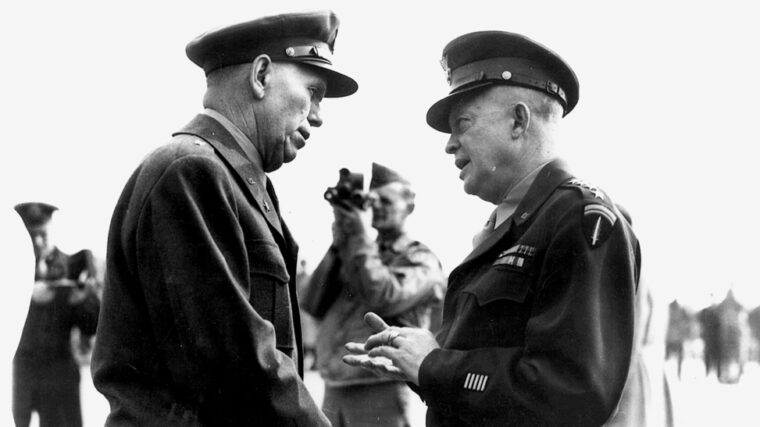
General George C. Marshall
On November 11, 1943, under cover of darkness, President Franklin D. Roosevelt and his key aides sailed down the Potomac River to the new battleship USS Iowa, there to meet with three of the four American members of the Combined Chiefs of Staff—Admiral Ernest J. Read more
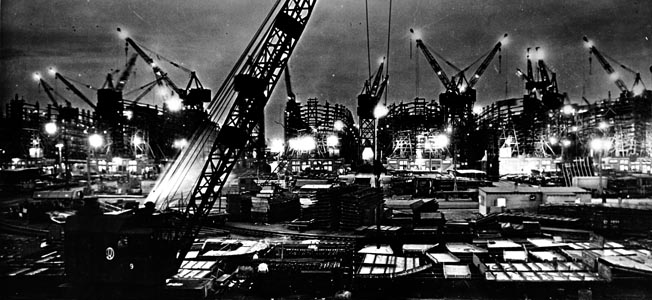
General George C. Marshall
“We won because we smothered the enemy in an avalanche of production, the like of which he had never seen, nor dreamed possible.” Read more
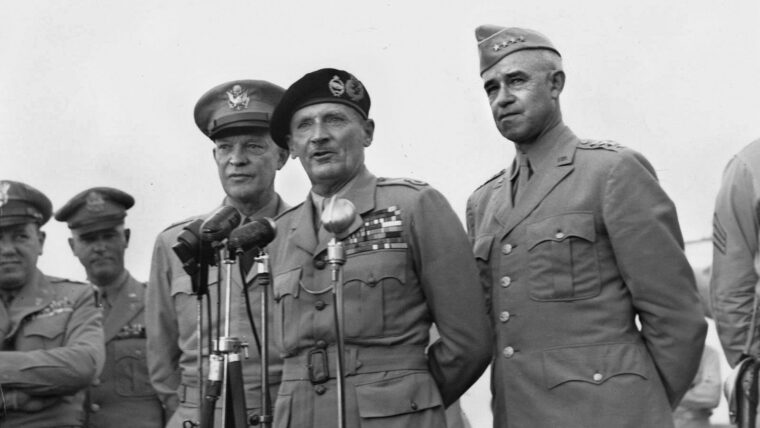
General George C. Marshall
With the exceptions of the Normandy invasion and the Battle of the Bulge, few other World War II battles in the European Theater have received more historical scrutiny than the Battle of the Falaise Gap. Read more
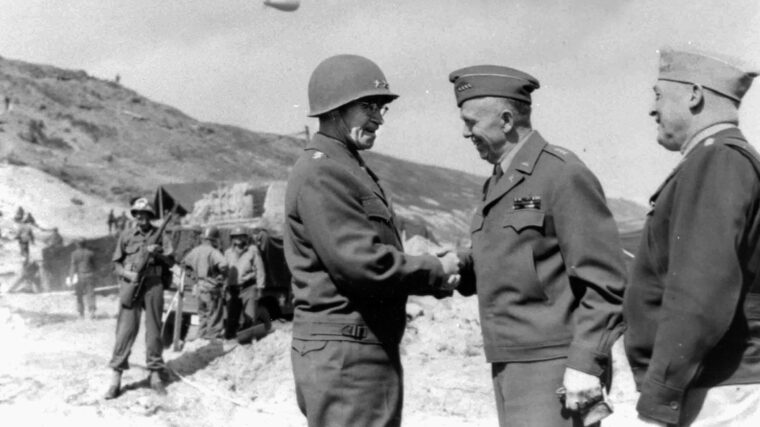
General George C. Marshall
George Catlett Marshall was the greatest American military man of his age. If the United States Army had kicked off the 20th century with the specific intent of constructing a chief of staff to lead it to victory in World War II, it could not have done a better job than what chance provided in the triumphs and travails over the 40 years that molded George Marshall. Read more
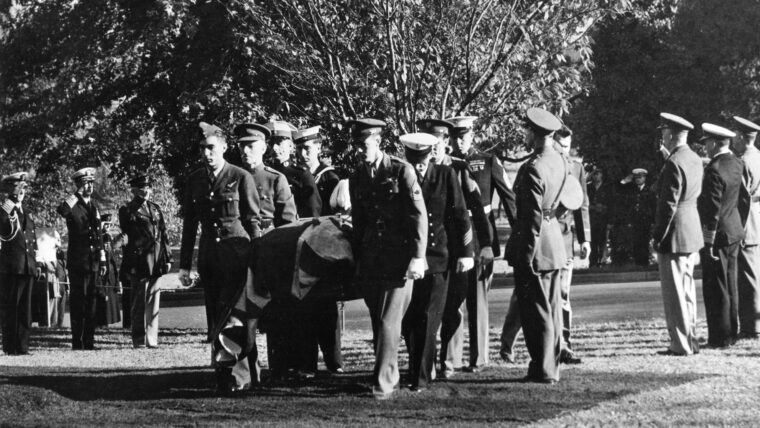
General George C. Marshall
In describing the relationship between British General Sir John Dill and his political superior, Prime Minister Winston Churchill, Dill’s biographer, Alex Danchev, noted, “It was … an association strikingly lacking in empathy or understanding, etched in fundamental disagreement, and scarred by a mutual disaffection welling up at times into personal distaste.” Read more
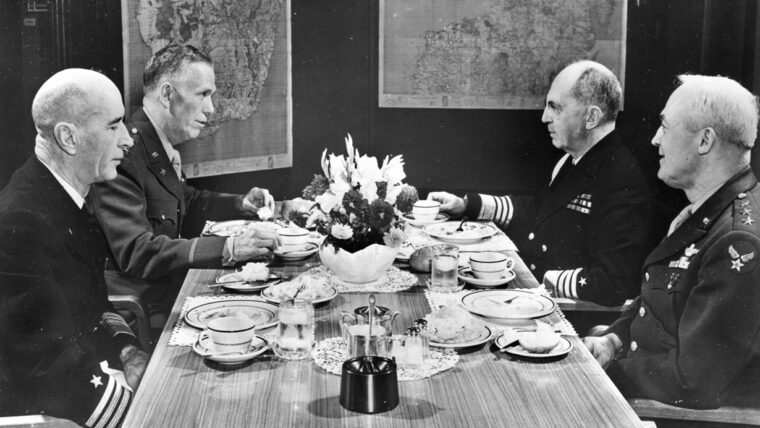
General George C. Marshall
Watching his forces prepare to attack the Union Army at the Battle of Chancellorsville in 1863, Confederate General Thomas “Stonewall” Jackson commented to an aide, “The Institute will be heard from today.” Read more
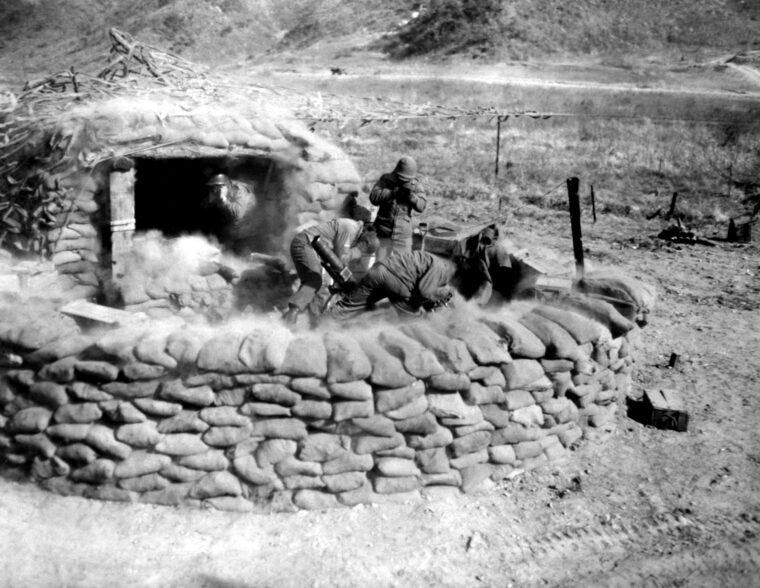
General George C. Marshall
In the last days of March 1945, a soldier named Carl Getzel sat on a hill outside the city of Aschaffenburg and watched as it was slowly destroyed. Read more